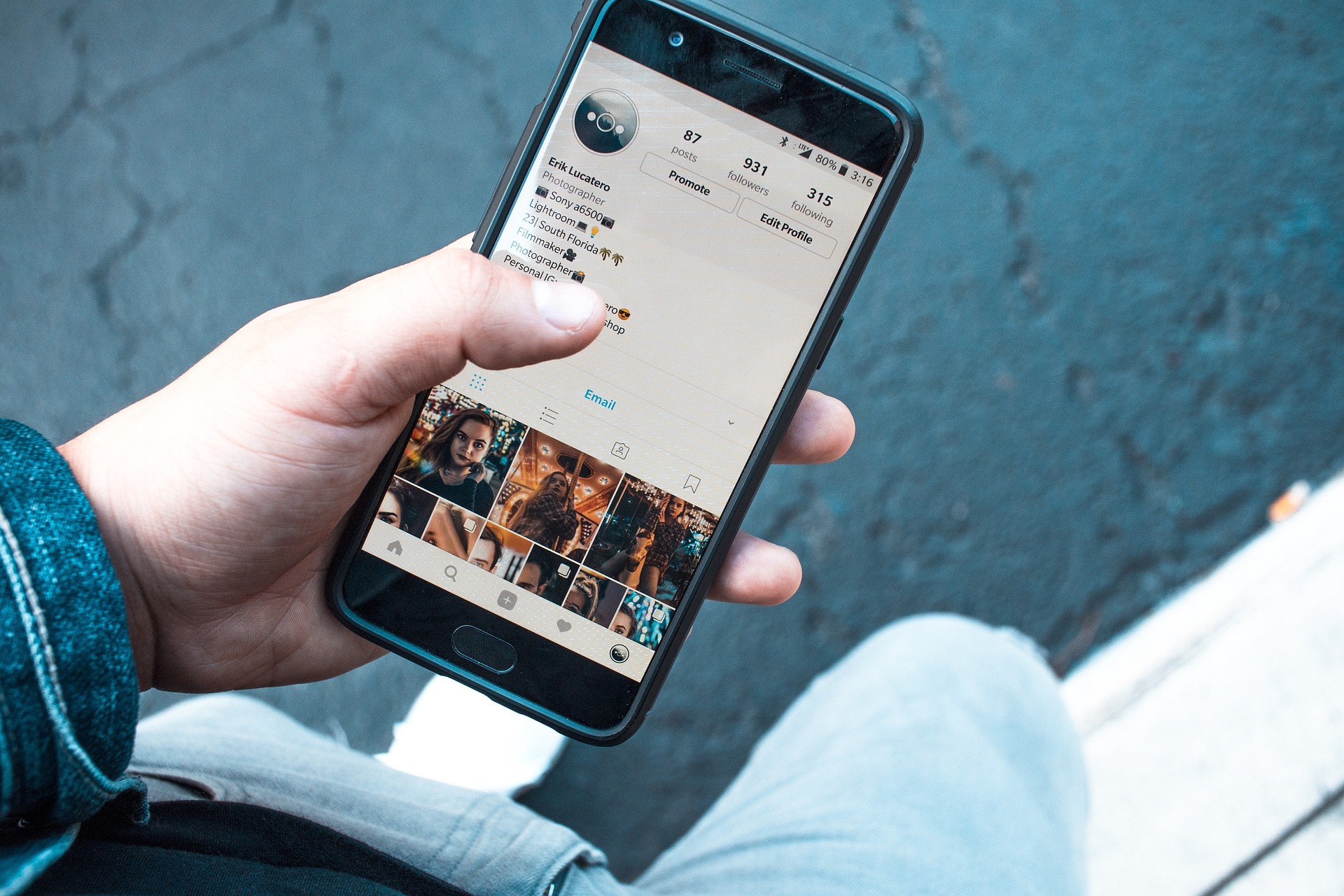The Impact of Social Media on Mental Health
Social media's influence on mental health is a critical topic in today's digital age. Understanding its effects and finding ways to maintain a healthy balance is essential for overall well-being. Read below for insights and practical tips on managing social media use for better mental health.
The Allure of Social Media
Social media platforms offer instant connections, a sense of community, and a platform for self-expression. However, the constant exposure to curated content and the pressure to present an idealized life can lead to feelings of inadequacy and anxiety.
The Comparison Trap
One of the most significant negative impacts of social media is the comparison trap. Users often compare their lives to the seemingly perfect lives of others, leading to lower self-esteem and increased stress. It’s important to remember that social media often showcases highlight reels rather than everyday realities.
Cyberbullying and Online Harassment
The anonymity of the internet can sometimes lead to negative behaviors like cyberbullying and online harassment. These experiences can have severe emotional consequences, particularly for younger users. Encouraging positive online interactions and reporting abusive behavior is crucial for a safer online environment.
The Addiction Cycle
Social media can be addictive, with endless scrolling and the constant need for validation through likes and comments. This addiction can disrupt daily routines, sleep patterns, and even face-to-face social interactions. Setting time limits and taking regular breaks can help manage this dependency.
Mental Health Benefits
Despite the challenges, social media also offers mental health benefits. It provides platforms for mental health awareness, peer support, and access to resources and professional help. Engaging with positive and supportive communities online can foster a sense of belonging and reduce feelings of isolation.
Digital Detox Strategies
Implementing a digital detox can significantly improve mental health. Strategies include designating tech-free times, such as during meals or before bed, and engaging in offline activities like reading, exercising, or spending time in nature. These practices help in creating a healthy balance between online and offline life.
Promoting Healthy Social Media Use
Parents, educators, and mental health professionals can promote healthy social media use by educating users about its potential impacts. Encouraging critical thinking about the content consumed and fostering digital literacy can empower users to navigate social media mindfully.
Building Resilience
Building resilience against the negative impacts of social media involves fostering a positive self-image and strong offline relationships. Encouraging hobbies and activities that boost self-esteem and well-being can help individuals maintain a healthier perspective on social media.
Practical Tips for Managing Social Media Use
To manage social media use effectively, consider these practical tips:
- Limit time spent on social media
- Curate a positive and supportive feed
- Engage in meaningful offline activities
- Use social media mindfully and purposefully
Implementing these strategies can lead to a healthier relationship with social media.
Conclusion
Social media’s impact on mental health is multifaceted, offering both challenges and opportunities. By understanding its effects and implementing practical strategies, individuals can foster a healthier relationship with social media, enhancing their overall well-being and mental health. Through mindful use and awareness, social media can be a tool for connection and support rather than a source of stress and anxiety.





